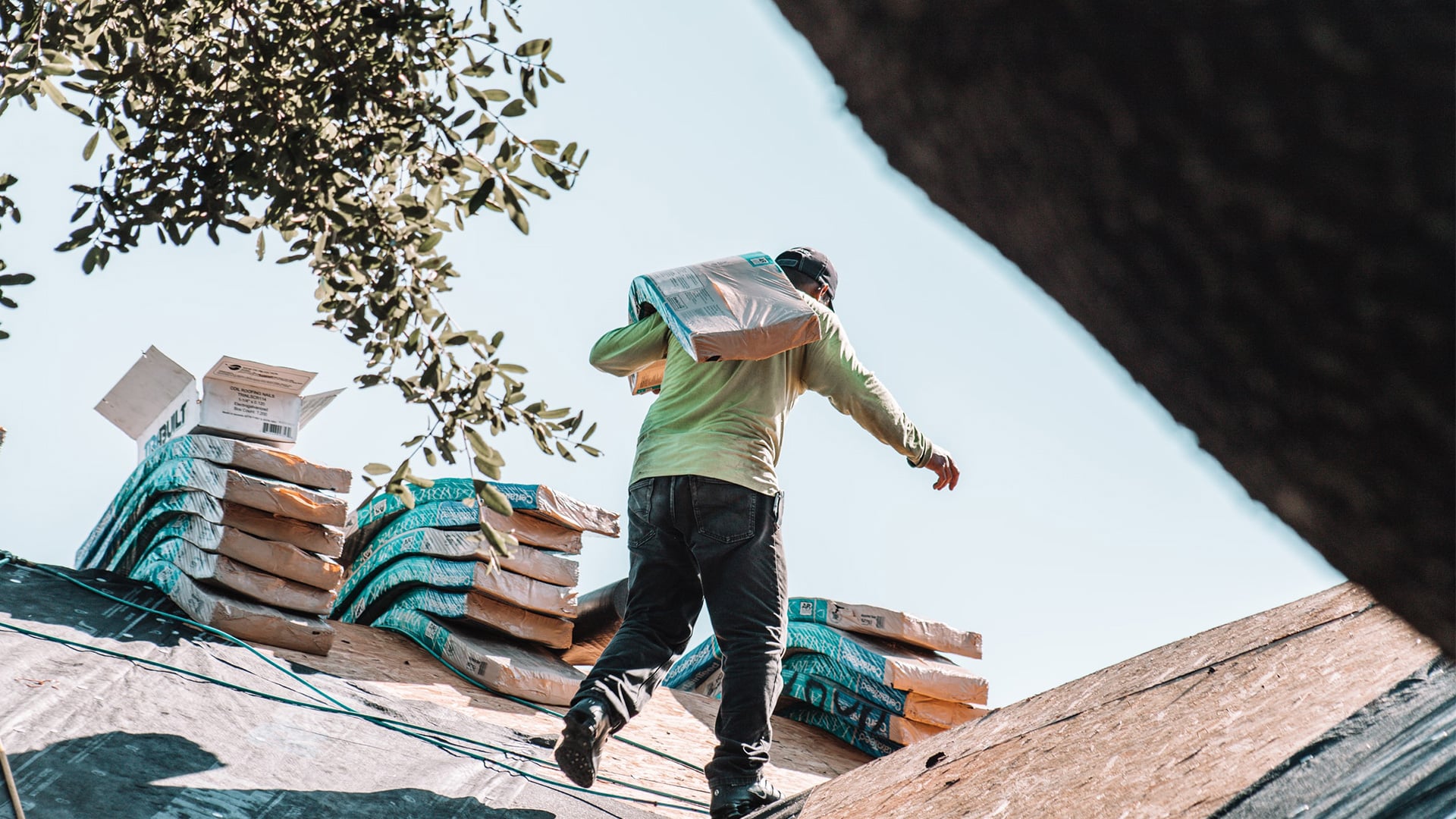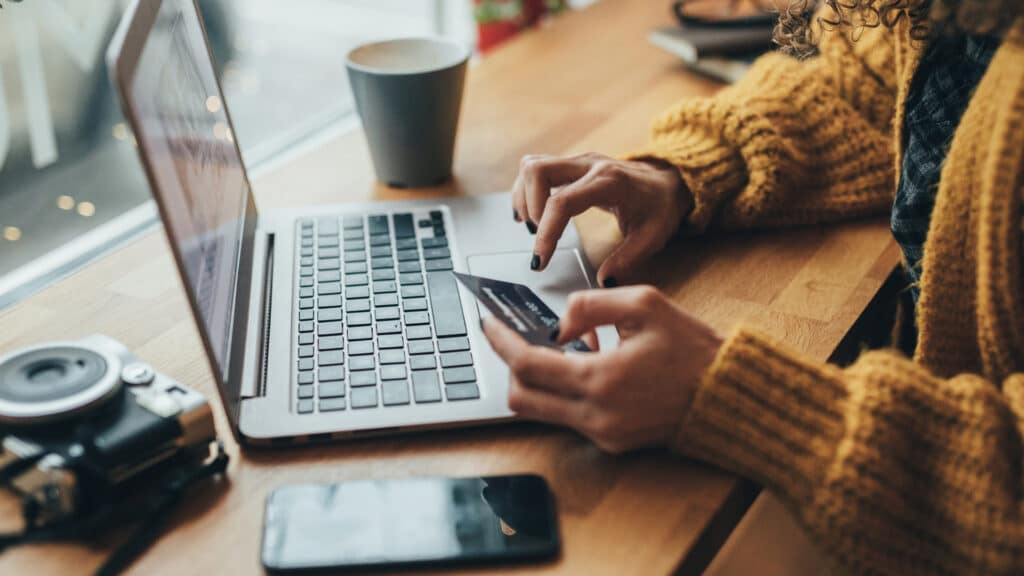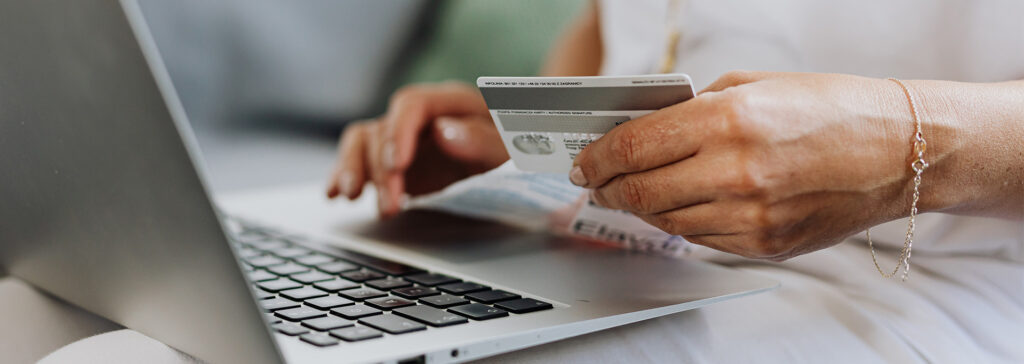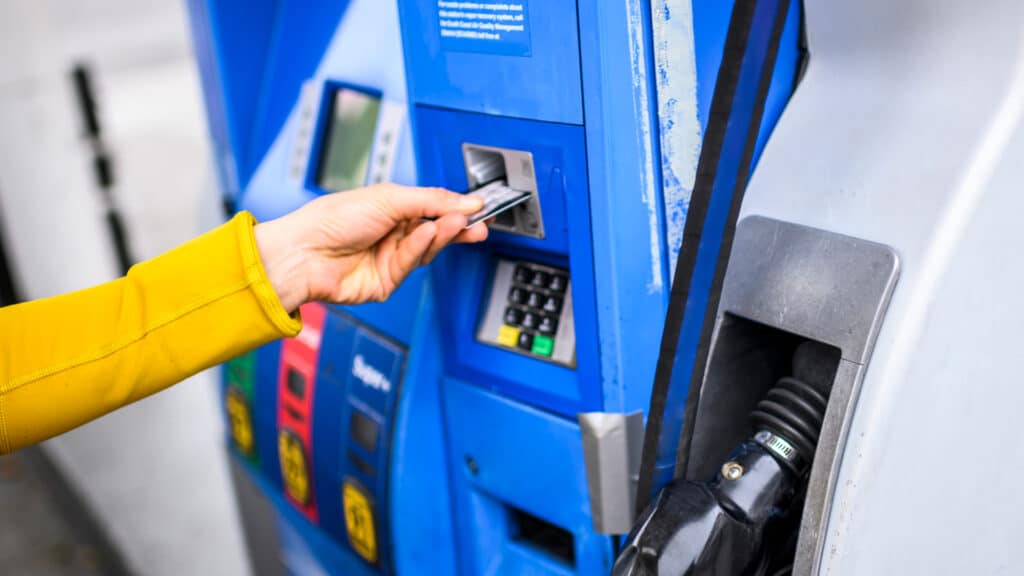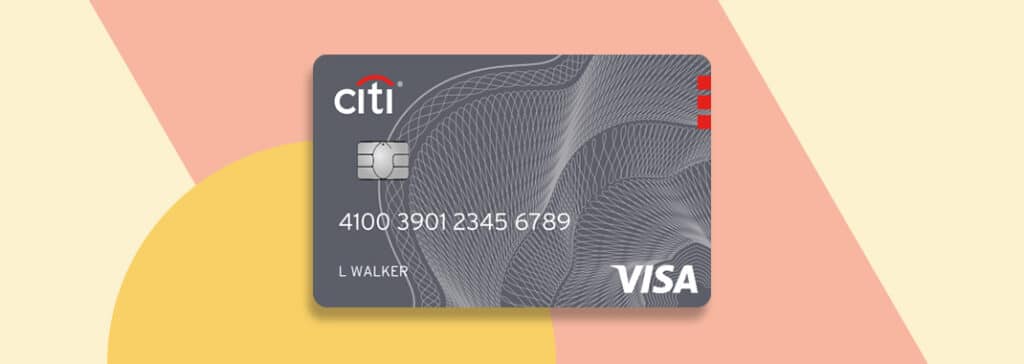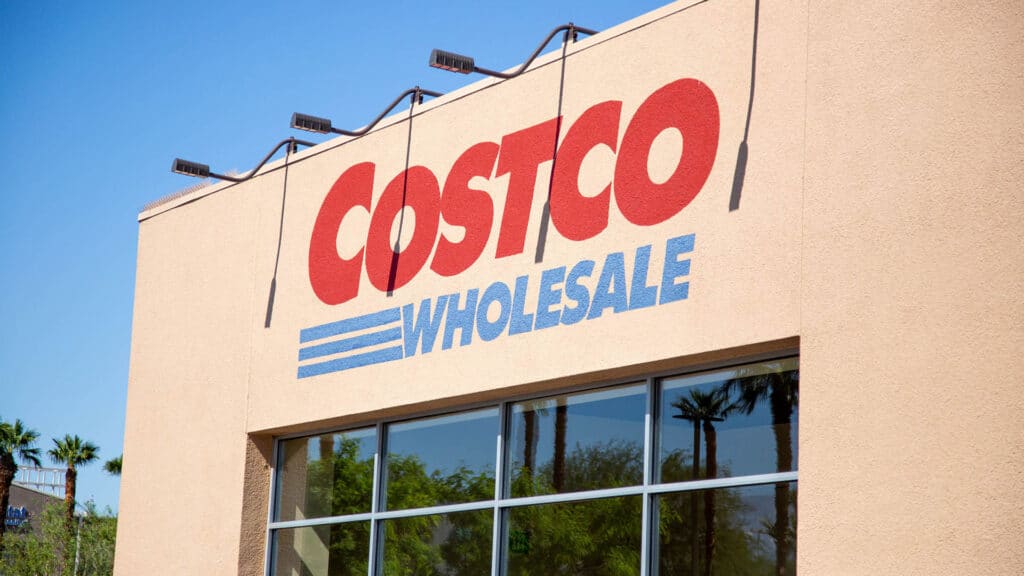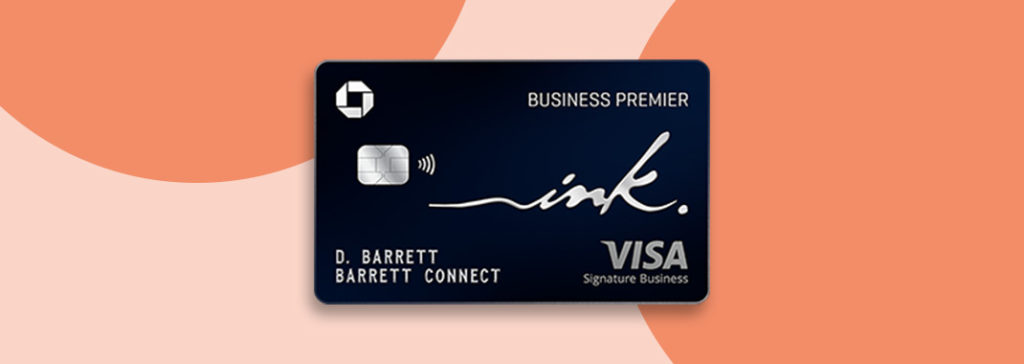Most products on this page are from partners who may compensate us. This may influence which products we write about and where and how they appear on the page. However, opinions expressed here are the author's alone, not those of any bank, credit card issuer, airline or hotel chain. This page may include information about American Express products currently unavailable on Slickdeals. American Express is not a partner of Slickdeals.
Rewards credit cards can bring a lot of value to the table—especially when you use them for large purchases. Over the years, I've earned thousands of dollars in free travel by using credit cards to pay for products and services with expensive price tags. However, I always follow several important rules before I pull my credit card out of my wallet.
Read on for a look at some of the biggest purchases I've made with a credit card. I'll also reveal how I earn rewards without hurting my credit score or wasting money on interest.
 Related Article
Related Article
17 Ways to Meet Credit Card Minimum Spending Requirements for a Bonus
How to Safely Make Large Purchases with a Credit Card
Before I get into specific big-ticket items I've bought with credit cards over the years, I want to go over the ground rules. It's critical to manage your credit card accounts carefully or these plastic tools could work against you instead of for you.
1. Save in Advance
Before you use your credit card for a big purchase it's best to put aside money in advance. In my household, we've decided to only pay for transactions with a credit card when we already have the cash available to make the purchase. (It's a lesson we learned the hard way after fight to dig our way out of credit card debt, twice.)
It's understandable that you might need to finance a large expense over a series of months or years. But credit cards usually aren't the best way to go in this situation. The average credit card APR on interest-assessing credit card accounts is relatively high, and keeps getting higher with Fed rate hikes. If you have a decent credit rating, you could probably secure a personal loan or some other type of financing at a much better rate.
2. Pay Your Statement Balance in Full
The ideal way to manage your credit cards is to pay your statement balance in full each month. And during months when you run up account balances with large purchases, paying your bill in full matters even more. Because I make a habit of paying credit card balances in full, I'm able to earn points, miles or cash back on my purchases without incurring interest fees.
3. Watch Your Credit Utilization Rate
Credit utilization—or the relationship between your credit card limits and balances—has a big impact on your credit score. Unfortunately, large purchases can drive your credit card balances up (at least temporarily), and that may cause your credit utilization rate to increase. As a rule, high credit utilization isn't good for your credit score.
To avoid potential credit score damage, even on a short-term basis, I aim to pay my credit card balances off well before the monthly due date. Credit card issuers report account details to the credit bureaus just once a month, near your statement closing date (around 21 days before your due date). By paying my full balance before the statement closing date, I'm able to keep my credit utilization rate low on my credit reports.
The Biggest Purchases I've Made With a Credit Card
Following the rules above, I've made numerous large purchases with my credit cards over the years. These transactions have helped me qualify for lucrative sign-up bonuses and earn thousands of dollars worth of credit card rewards.
I Bough a Car With a Credit Card
Let's start with one of the biggest purchase I've ever made with a credit card—and the one that seems to surprise people the most. During the pandemic, my husband and I bought a car with a credit card.
We purchased a used vehicle with money we already had in an auto expense savings account. The $8,500 purchase qualified us for 8,500 in valuable Chase Ultimate Rewards points. And we could have scored far more rewards if we'd had the time to open a new credit card with an attractive sign-up bonus first.
My Family Paid for Major Home Repairs With Credit Cards
The most rewarding purchase I ever made with a credit card was an $8,000 HVAC unit replacement. When our old unit started acting up, we already had cash tucked away for the replacement in a savings account. Yet we also knew that paying for the purchase with a credit card (and then paying off the balance) could net us some valuable rewards.
Unlike the car purchase, my husband and I had time to plan ahead and maximize our rewards earning potential with this home improvement project. We each opened a popular Southwest credit card, then earned its sign-up bonus and the coveted Southwest Airlines Companion Pass for the remainder of the year.
By splitting the purchase into two transactions, we both met the initial spending requirement and qualified for our sign-up bonus. Thanks to the Rapid Rewards points we earned and our dual Companion Passes, our family enjoyed 10 free flights valued at over $3,800 that year.
I Pay for Medical Bills With Credit Cards
I also use credit cards to pay for medical bills. My family has medical coverage through a health care share plan with a $3,000 deductible that resets every November. Thanks to a case of unlucky timing, we recently incurred our full deductibles for two years—$6,000 in total—within a span of a few short months.
In this situation, we didn't want to wipe out $6,000 of our savings during the middle of a pandemic and my maternity leave. So, we worked out interest-free payment arrangements with most of our medical providers. Each month I make these payments with a credit card and we get some added rewards for these expenses.
Bottom Line
The ability to earn rewards on my spending is one of my favorite credit card perks. It's a big reason why I opt to pay with a credit card whenever possible. But if I don't have the funds to pay off a large purchase right away, my credit card stays in my wallet.
Credit cards can be a convenient, safe and rewarding way to pay. But they can also be an expensive financing choice if you don't have the cash set aside to cover an expense.
